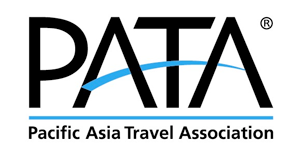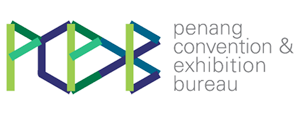Artificial intelligence (AI) is quietly making its way into hotel operations, with potential to change not just efficiency behind the scenes but also how guests are charged during or after their stay. A concept known as “algorithmic auditing” is emerging—using AI to detect and monetise damages, policy violations, or unusual room conditions that might previously have gone unnoticed.
The car rental industry already deploys similar technology, with companies like Hertz and Sixt using AI scanners to detect damage and charge customers accordingly. In hospitality, early steps include AI-powered air quality sensors that can detect smoking or vaping in non-smoking rooms, sometimes triggering fines of several hundred dollars. However, false positives—caused by products like hair spray or aerosol deodorants—raise concerns over fairness.
While no hotel brand has confirmed using fully autonomous AI billing systems, technology from sectors such as retail and property management is easily adaptable for hospitality. Vendors are developing environmental sensors and computer vision tools that could one day assess room conditions automatically.
Supporters say AI offers consistency and protects property, but critics warn of risks to guest trust if automation replaces human discretion. For now, most hotels use AI to flag issues while keeping final decisions with human staff—a “human-in-the-loop” approach seen as key to avoiding customer backlash.
The industry’s challenge will be introducing such systems with transparency, fairness, and clear dispute processes—or risk turning a seamless checkout into a contentious one.
- TAGS / KEYWORDS:
- trending#1


















.png)














